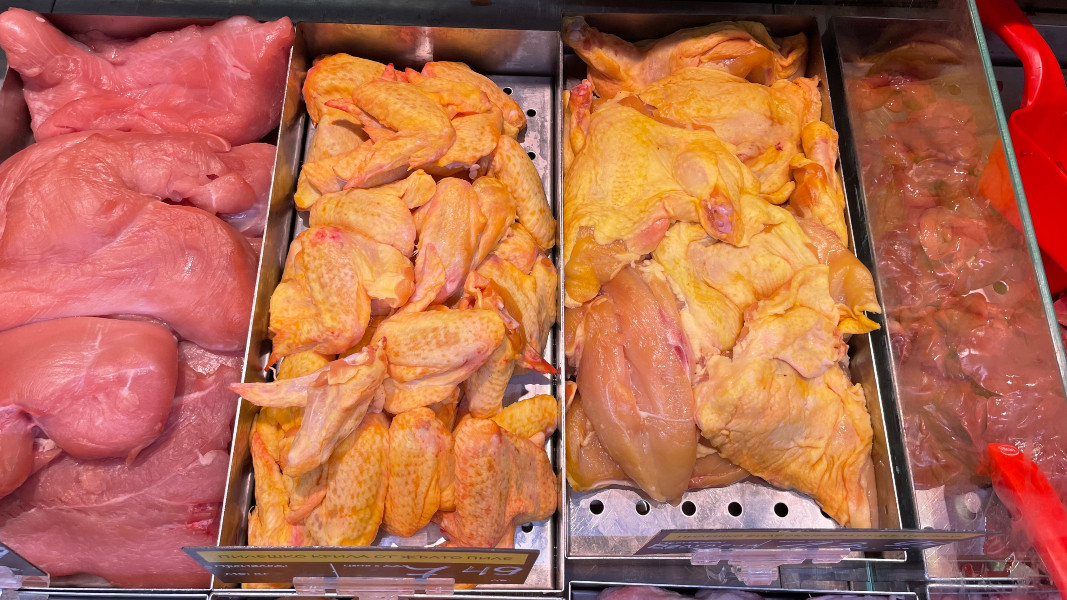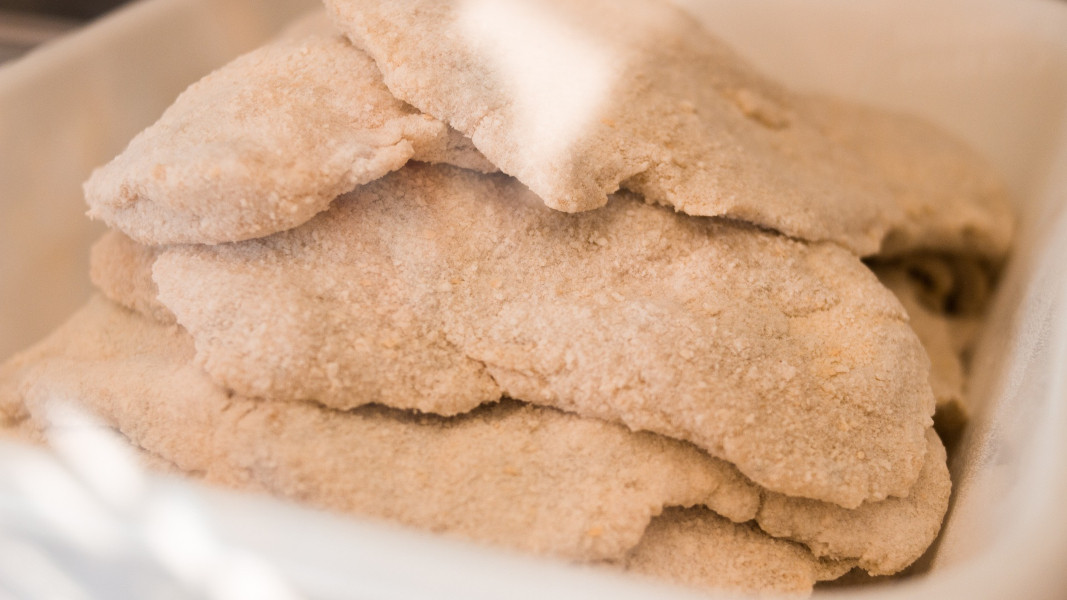The current situation in the sphere of poultry farming in Bulgaria is extremely alarming. Slowly but surely, the Bulgarian producers have been losing their positions on the local market by about 5% per year, while the demands of the poultry farmers have been ignored by several Bulgarian governments.
"Meat from Poland and Hungary displaces the meat produced in Bulgaria. The imported meat is always delivered to Bulgaria on Friday evening and I wouldn't say that it is of the best quality,” Ivaylo Galabov, chairman of the Union of Poultry Breeders in Bulgaria says and adds: “We have enough reasons to ask the Bulgarian Food Safety Agency to ensure constant control for salmonella, because on Friday afternoon, before the slaughterhouses are thoroughly washed and when the risk of salmonella is high, Poland and Hungary try to send their production to countries where control is lower, including Bulgaria."
The Union of Poultry Breeders has three demands: fiscal control, quality control ensuring absence of salmonella and correct labeling of the final products. "The mechanism is the same and applies to all types of meat on the market," Galabov points out.

"Labeling is a major problem. In the stores we do not see products with correct labels showing whether the respective product was obtained from fresh meat and what its origin is. If the label read that a certain product was made from defrosted meat from Poland, I'm not sure it would be bought with the same eagerness. We are some of the poorest consumers in Europe and people are tempted by the low prices. But if everything was written clearly on the product, every user would be able to make an informed decision whether to buy a product or not. We simply want the same rules to apply for everyone on the market and we have been calling on several governments for this," Mr. Galabov says.

What is defrosted meat?
"Defrosting is a normal practice to thaw frozen meat and cook it,” Ivaylo Galabov says. “But in the cases I am talking about we see that frozen meat, which is 20 percent cheaper than fresh meat is bought. This meat is then thawed, cut, flavored, refrozen and sold. There is no demand for frozen meat in Europe, so it is shipped to destinations where people are willing to do something with it. Bulgaria is one of these places."
In European legislation, this way of processing meat is not prohibited, but it is applied to heat-treated products that are blanched and then frozen in order to guarantee their long shelf life. These are all kinds of chicken nuggets, croquettes, etc.

Ivaylo Galabov told us more about some of the practices on the Bulgarian market:
"The process consists of defrosting the meat and adding water, phosphates, etc., to make the product profitable. Defrosting and flavoring brings increased value to the operators and a bad taste in consumers’ mouths. It is even worse for the poultry farmers in Bulgaria, who want to make a living with honest business."
It is necessary to look for mechanisms to stimulate domestic production, but the new Strategic Plan, which is about to replace the current Rural Development Programs, envisages reduction of aid from 50 to 30%, while the current inflation levels put poultry farming and animal breeding at risk, people working in the industry say.
Photos: BGNES, Pixabay
English: Al. Markov
Digital nomadism, a lifestyle where people choose remote work so they can travel and live in different environments, is becoming a phenomenon on the way to overturn our ideas about work and way of life. In this regard, Bulgaria offers a palette of..
On 26 and 27 April, Sevlievo in Central Bulgaria is hosting the festival “Seme Balgarsko ”. For its 11 th edition, the organizers have a colourful traditional lineup. “The festival will enable visitors to meet manufacturers of Bulgarian..
The group cycling tour along the tourist route of the Black Sea Route Epic Tour 2025 started today . According to the extreme sports website 360mag.bg, a group of more than 30 cyclists will spend ten days riding along coastal paths through forests,..
Digital nomadism, a lifestyle where people choose remote work so they can travel and live in different environments, is becoming a phenomenon on the way..

+359 2 9336 661
